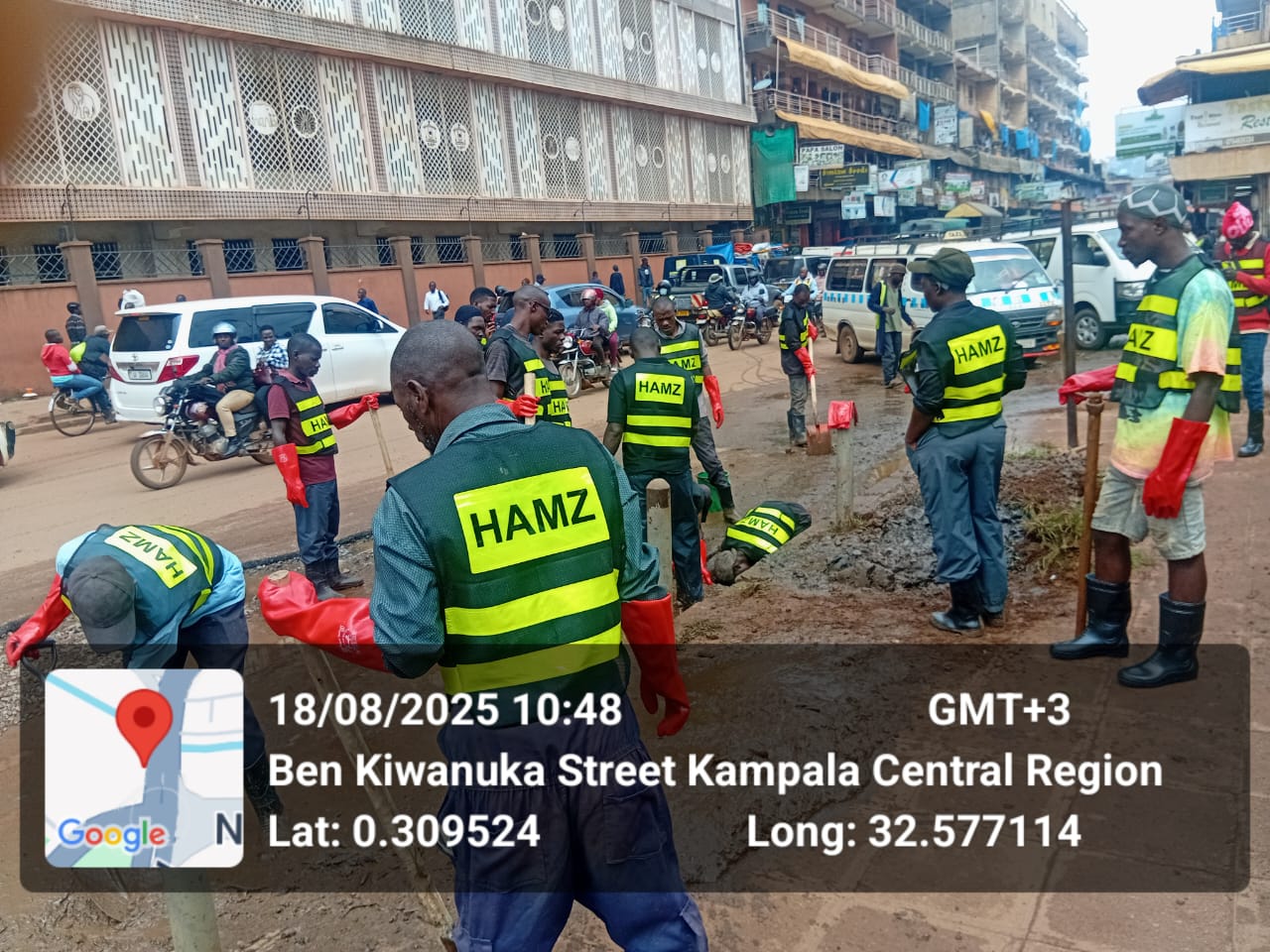Government Urged To Prioritize Food And Nutrition In Karamoja As Malnutrition Rates Surge
Moroto, May 28, 2025 – Development organizations, led by World Vision Uganda, have renewed their call for urgent government action to address the escalating food and nutrition crisis in Karamoja, emphasizing the need for sustainable interventions and stronger policy frameworks.
During a high-level parliamentary engagement, Hon. Peter Lokeris, Minister for Karamoja, speaking on behalf of the Prime Minister, underscored the necessity of nutrition empowerment at the grassroots level. He advocated for education on food cultivation, maternal health, breastfeeding, and sustainable agricultural practices that respect local traditions while safeguarding the environment.

The minister reiterated the government’s commitment to combating malnutrition through investments in food systems and community-based initiatives. He also urged lawmakers to fast-track the Food and Nutrition Bill, ensuring every Ugandan’s legal right to adequate nutrition.
Hon. Milton Muwuma, Chairperson of the Uganda Parliamentary Alliance on Food and Nutrition Security, highlighted the need for institutionalized leadership, particularly at the local level. He proposed the recruitment of District Nutrition Officers in every district—especially in Karamoja—to lead coordinated efforts in tackling food insecurity.

Edward Khaukha, World Vision Uganda’s Regional Programmes Manager for Northern and Karamoja regions, reaffirmed his organization’s dedication to fighting malnutrition under the theme Empowering Better Nutrition for the People. He emphasized that a collective response is vital in addressing the structural causes of hunger, citing previous successes in emergency hunger interventions across the region.
While Uganda has made strides in nutrition policy, undernutrition remains alarmingly high. Nationally, 26% of children under five suffer from stunting, while 2.9% face acute malnutrition. In Karamoja, malnutrition cases have risen sharply by 25.7%—from 89,000 in 2023 to 112,270 in 2024.

To address this crisis, stakeholders stressed the importance of strengthening school feeding policies. They urged the government to accelerate the development of national school feeding guidelines, which would help improve children’s nutritional intake and educational outcomes. School feeding programs are considered critical in reducing food insecurity at the foundational level and supporting vulnerable populations.
Uganda’s commitment to the global School Meals Coalition includes developing a comprehensive National School Feeding Policy, allocating specific funding, and establishing a multisectoral coordination body. Ensuring the successful implementation of these commitments would bolster food security efforts nationwide.

At the local government level, stakeholders emphasized the urgent need for recruitment of district nutrition officers, who would lead multisectoral interventions and ensure communities receive tailored support. Sustained funding for these positions would strengthen Uganda’s ability to institutionalize nutrition leadership.
Agricultural resilience was also flagged as a priority, particularly in Karamoja, where prolonged dry seasons continue to exacerbate food shortages. Experts called for affirmative irrigation programs to counteract climate-related crop failures, enabling farmers to maintain consistent food production despite adverse weather conditions.
Additionally, revising school feeding policies to integrate nutritional expertise would enhance the quality of meals provided in learning institutions. National standards regulating food quality and procurement from accredited suppliers were also proposed, aiming to safeguard students’ health and eliminate substandard food distribution.
Civil society groups pledged to support government efforts by collaborating on policy implementation and funding strategies. Coordinated engagement among stakeholders, they emphasized, is critical in ensuring effective interventions reach those most in need.
As Uganda continues its battle against hunger and malnutrition, experts stress the importance of a unified approach. Strengthening investments in food security, implementing robust nutrition policies, and reinforcing local governance structures will be vital in safeguarding communities against food insecurity.
World Vision Uganda reaffirmed its commitment to partnering with the government and development agencies to create long-term solutions—ensuring every child has access to nutritious food and the opportunity to thrive in a healthier future.











